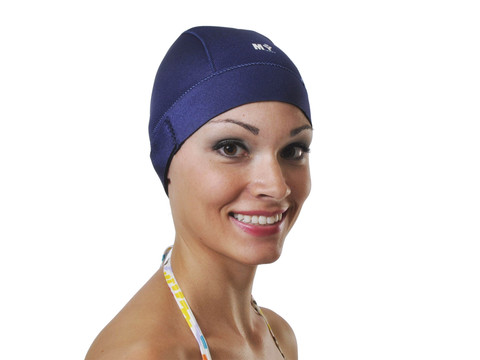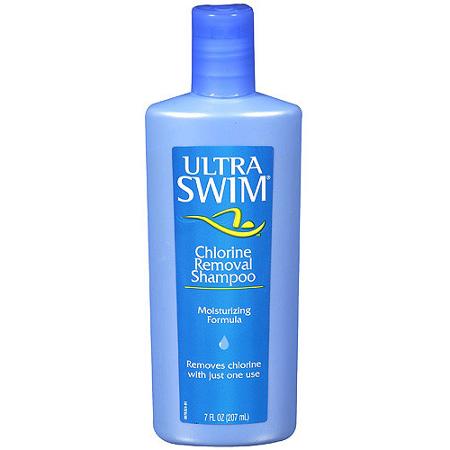June 21 marks the official start of my favorite season… summer!! Along with summer’s awesome weather, outdoor activities, leisure travel, and trips to the beach or pool can come bad hair days. Before you invest in 3 months worth of hats, perhaps some of these tips will help.
The most important step in any summer haircare routine is determining the environment. If you live in a hot, humid climate, you may encounter different issues, such as swelling and frizz requiring anti-humidity products, from someone who resides in a hot, arid climate where combating dryness is the prime concern requiring highly moisturizing products. Environment aside, there are some universal habits the will help protect your hair from extreme heat and sun exposure regardless of your location; like deep conditioning frequently, layering conditioning and/or SPF enriched products and reducing heat styling. This is also the perfect time of year to try out some heatless, textured styles from soft beachy waves to a full on afro. This season there are lots of chic and adventurous looks to experiment with, from top knots and buns, bohemian braids and twists, to the classic high or low ponytail, there are a ton of great go to looks you can add to your arsenal of no stress styles to try throughout the season.
One of the main culprits in hair damage during summer can be extended periods of exposure to pool water or visits to the beach, below I’ve compiled some tips to prepare your hair for a day of water fun both before and after you take a dip.
Things To Know Before You Go In The Water:
Ocean water – The main risk with ocean water is salt water drying on hair. The salt residue can withdraw hair’s moisture and make it feel dry and brittle. For this reason I HIGHLY recommend always rinsing hair and body immediately post swim.
Swimming Pool water– The general risk with swimming pools is the chlorine content, chlorine can affect hair by dissolving the sebum or oil that keeps the cuticle layers together giving your hair that “fried” look. The other concern is the higher acidity of pool water which for a well maintained pool is typically ph level 7 while your hairs ideal ph is 4.5-5.5.
1. Protect your hair before swimming by aiming to minimize the amount of salt or chlorinated water being absorbed by your hair. One of the simplest and most commonly used techniques includes thoroughly wetting your hair before you get into he pool (give it 15 minutes to fully absorb), because once hair reaches it’s full saturation point it limits the amount of additional absorption, note that this technique requires you to rinse and repeat frequently throughout the day. You can also create a “barrier” by wetting and then liberally coating the hair with a penetrating or heavy oil; such as coconut oil, shea butter, Jamaican Black castor oil, mineral oil, or a silicone based serum. Some swimmers also like to apply hair conditioner but in my opinion, this is not an effective barrier as most hair conditioners are highly soluble in water and will rinse out shortly after exposure, read all the tips for a more effective use for conditioner post-swim.
2. Further Minimize Damage by preparing your hair before swimming; if you have straight or loosely waved hair you can generally swim with your hair loose, for those with highly textured hair, consider braiding or bunning your hair so your strands don’t become tangled during your swim.
3. Wear a swim cap. While swim caps, in general, cannot keep all water away from hair, they do protect hair from becoming fully saturated. Note: For swimmers wearing extensions or with locs, try “My Swim Cap” it is a larger cap that will accommodate more voluminous styles http://myswimstuff.com/products/my-swim-cap. 
4. Take care of your hair immediately post swim. Take the time to really rinse your hair after swimming. Rinsing is underestimated but I can’t emphasize enough how much it helps get rid of a lot of chlorine/salt water before it has a chance to dry or bind to your hair. If there is no “shower” or water source available, bring along a jug of water specifically for the purpose of rinsing your hair. I also recommend preparing a spray bottle with a 50/50 or 30/70 conditioner and water mix to spray liberally into the hair until you can properly shampoo and condition it.
5. Post swim, thoroughly shampoo and condition your hair with the best product you have. Aim to use gentle products if you are a regular swimmer and regularly clarify (once every month) if you use heavy oils to protect your hair. It’s important to use a shampoo that gets rid of chlorine and mineral build up. If your regular shampoo contains EDTA or Phytic Acid it will provide thorough enough cleansing. If your regular shampoo doesn’t contain EDTA or Phytic Acid, try this:
Surfs up! Have a great summer!
